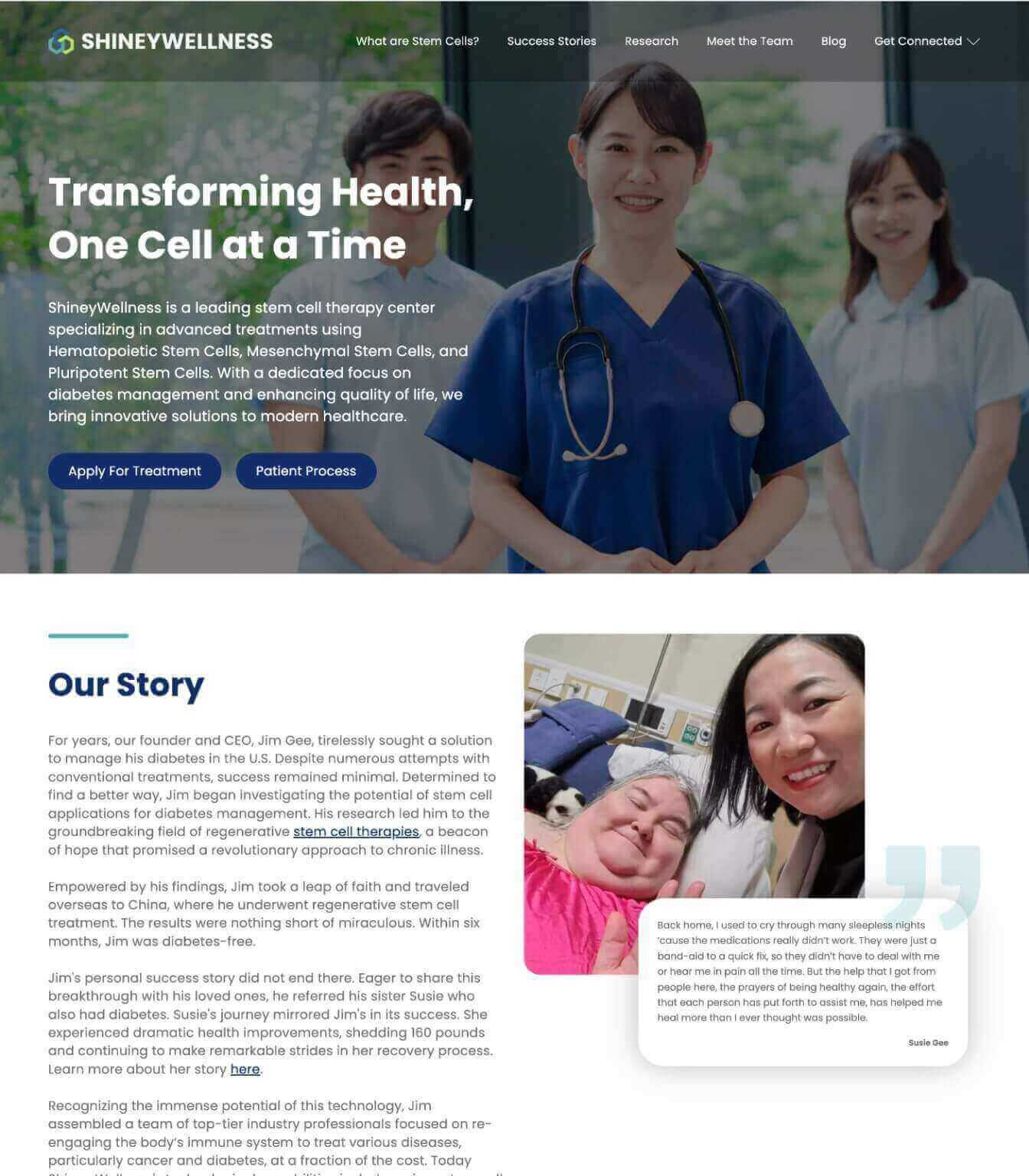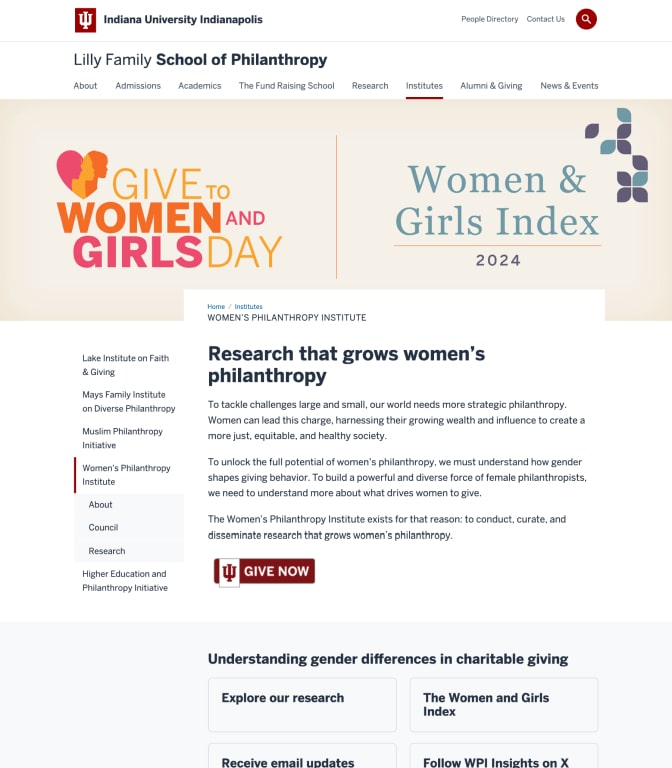SEO is a highly effective marketing strategy used by small and big business on the Internet and healthcare seo is a growing subset. It is a known fact, that a website or webpage which is ranked higher in searches, will receive more viewer traffic than one which is placed somewhere lower.
Online visibility for any business in all industries can be a challenge nowadays, but it’s especially challenging and competitive in the healthcare industry, because consumers are usually in a hurry while searching for a healthcare facility, especially if it’s a hospital or clinic.
According to the Search Engine Journal, SEO leads have a 14.6% close rate. This can be used y to convert , patients, to your facility in this case. While outbound leads like direct mail or print advertising have a close rate of 1.7% ] 93 million Americans, 80% of the internet users, now depend on the Internet for information on healthcare related topics and products.
Here are some tips you can use to improve Healthcare SEO.
1. Local Search
Optimization for local searches is, by far, the most important thing, especially for healthcare providers. Local SEO can help businesses drastically improve traffic to their websites and thus, their customers. Healthcare providers will benefit a lot from local high rankings. The optimisation includes working on the local rankings to inform customers or employers in need of medical care or professionals.
Ensure that your business’ name, precise address, phone number and other contact details, are updated on a Google+ page, Foursquare page and on your website across all pages. Listing this important information will help Google associate the correct location with your business.
2. Related Keywords
While targeting SEO for medical practices specifically, make a list of related keywords that you think people might type in while searching for a healthcare facility like yours. You can even conduct a local survey, asking people what they will search for when looking for a medical facility.
Once you have around 30-40 keywords, use the Google Keyword Planner to find which keywords get the most local monthly traffic. This tool can even let your search for new keywords and develop PPC (pay per click) campaigns.
Choose keywords with 500-10,000 local monthly searches. Once you have filtered your list fully, incorporate these keywords throughout multiple relevant web pages on your website.
3. Add a Site map
While talking about SEO for doctors, a site map is obviously very important because doctors can’t always provide online services. Adding a simple site map is a tactic which is often overlooked, but it can help you index your website with search engines. It will give Google, Yahoo, and Bing a map of how your website is connected and laid out. It will also help users better access your website.
Most people who visit your site will not care about the site map. But the main purpose of the site map is for search engine optimisation.
4. Social Media
Google and other search engines consider hundreds of factors while determining the quality of a website or webpage, and social media is one of them.
If any page in your website is shared across social networks in an effective way, search engines take this into account. It is a considered as a signal that, that page of your website has quality information. The impact of social media on medical SEO is a form of link building, to a certain extent, except on Facebook and Twitter. This emphasizes on the need of good quality content, which can be shared across relevant social networks.
5. Different Search Verticals
Many healthcare providers and professionals are missing the opportunity to have a higher rank for search verticals other than a website, like videos, images, slideshows, local, mobile, et cetera.
For a healthcare provider or organization, it is a good option to leverage these unique search engine verticals to drive targeted traffic to your website. For example, you can optimize presentations shared on SlideShare which can help you give you long term benefits, driving traffic to your website using relevant keywords and key phrases.
6. Content
Content, like for any other business industry, is important for Medical SEO. Many healthcare providers make the mistake of thinking that after they have written the details of their services, they don’t have to write anything else. But if you want to build your brand and stand out to customers, you need to develop content that not only builds trust among customers, but also educates them in the process.
Publish content like patient testimonials, case studies, blogs, medical breakthroughs, current news in the medical field, interviews, your or your staff’s achievements, infographics. These educate your customers, as well as prove your skills and expertise in your field.
7. Optimisation for mobile
You need accurate statistics to prove how many people using their smartphones to search for things, especially when it’s for local search – but not so much for healthcare SEO. So, it is not only important for you to make your website mobile friendly but you also need to optimise for mobiles.
Optimisation for mobile phones allows users to access health care providers and recruiter sites from their devices. You website should be mobile-responsive, in order to provide the best experience to visitors. For your website to be mobile friendly, the site design, site structure, image sizes, content and page speed, all need to be optimised to ensure that mobile users stay on your page.
8. Titles and Headers
Like any marketing strategy, optimization, when done effectively, yields long term results. It is important to use correct grammar and punctuation in the title and headers, as incorrect grammar can be a put off for some people. Also, try and avoid using all capital letters in the title.
Follow these Healthcare SEO tips Right now!
Never expect instant results. As it is said, no great change can happen overnight. SEO and SEO strategies are some things which keep fluctuating. Even if you follow these effective strategies, it will take weeks before you get any measurable results. Keep trying and be patient.




















